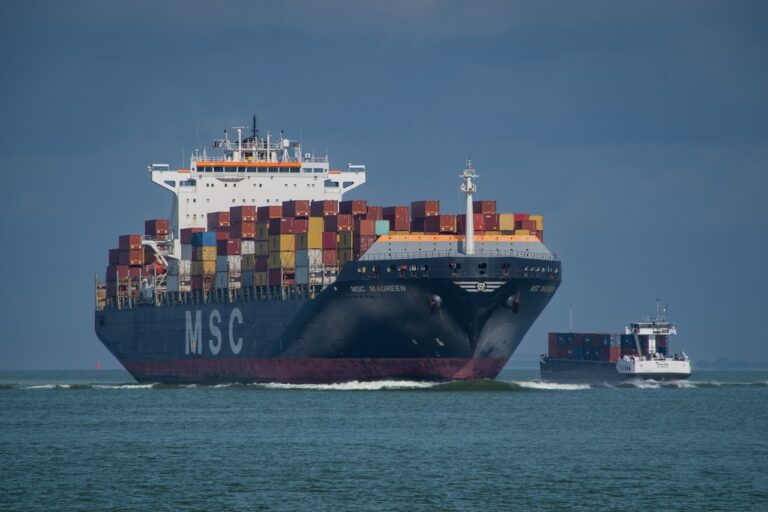The rise of giant logistics companies, such as Amazon, has redefined distribution practices with the aim of maximizing efficiency and profits, at the expense of workers' rights and well-being.
In an environment where the pressure to achieve high performance quotas is constant, many workers are hired temporarily and as freelancers, increasing their precariousness and economic instability. This situation deprives them of accessing essential benefits, such as health care, holidays or retirement plans, perpetuating a cycle of vulnerability that affects their lives and those of their families. This is a common practice among what is called platform economies.

In addition to the social implications, it contributes significantly to environmental degradation.
As logistics companies seek to optimize their supply chain, they often increase the number of journeys and the distance of transports, thus generating more greenhouse gas emissions and contributing to global warming.
→ Container ships, for example, are responsible for a significant part of maritime pollution, as they operate with fossil fuels and generate large amounts of CO2 emissions. In addition, trucks also contribute to this problem, releasing toxic particles into the atmosphere and intensifying the demand for limited fossil fuels.
OTHER IMPACTS OF THE SECTOR






